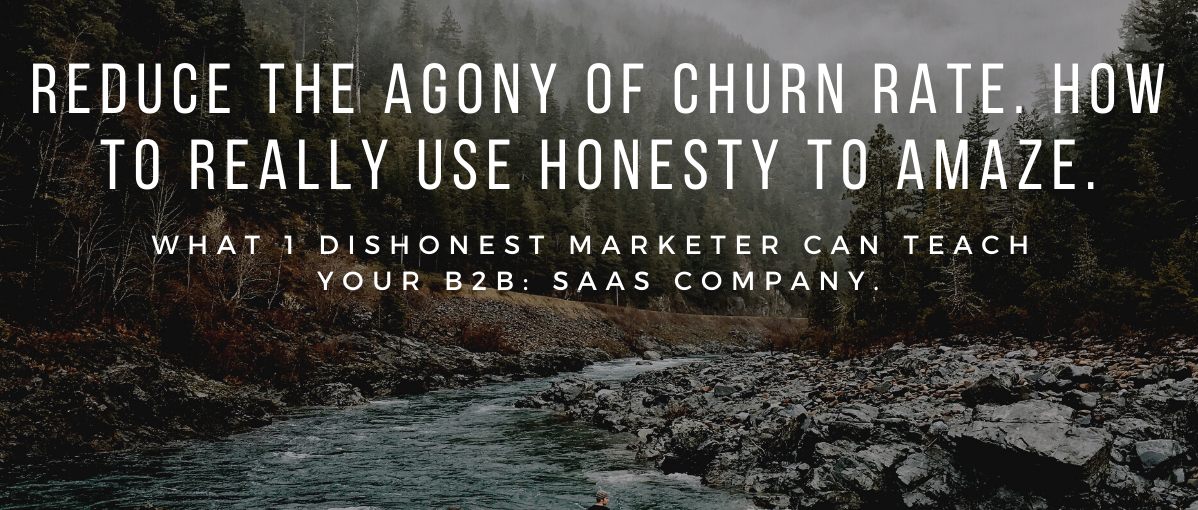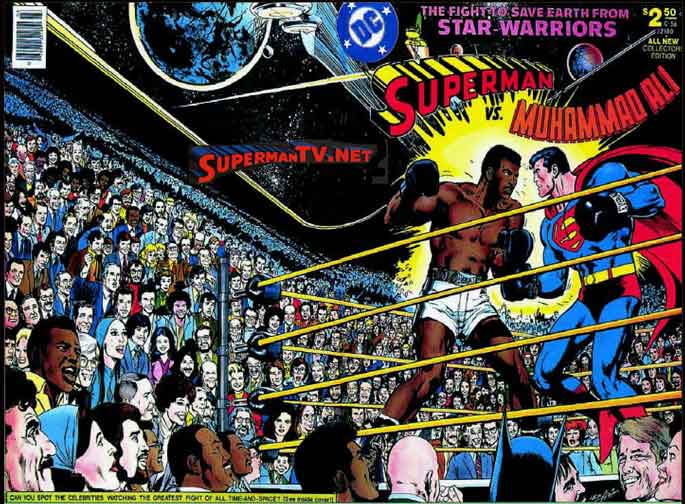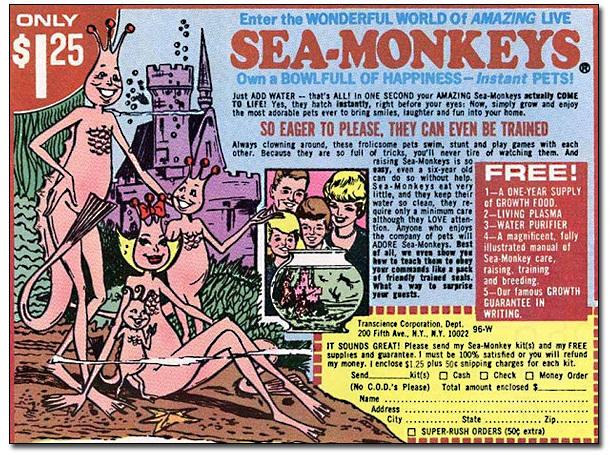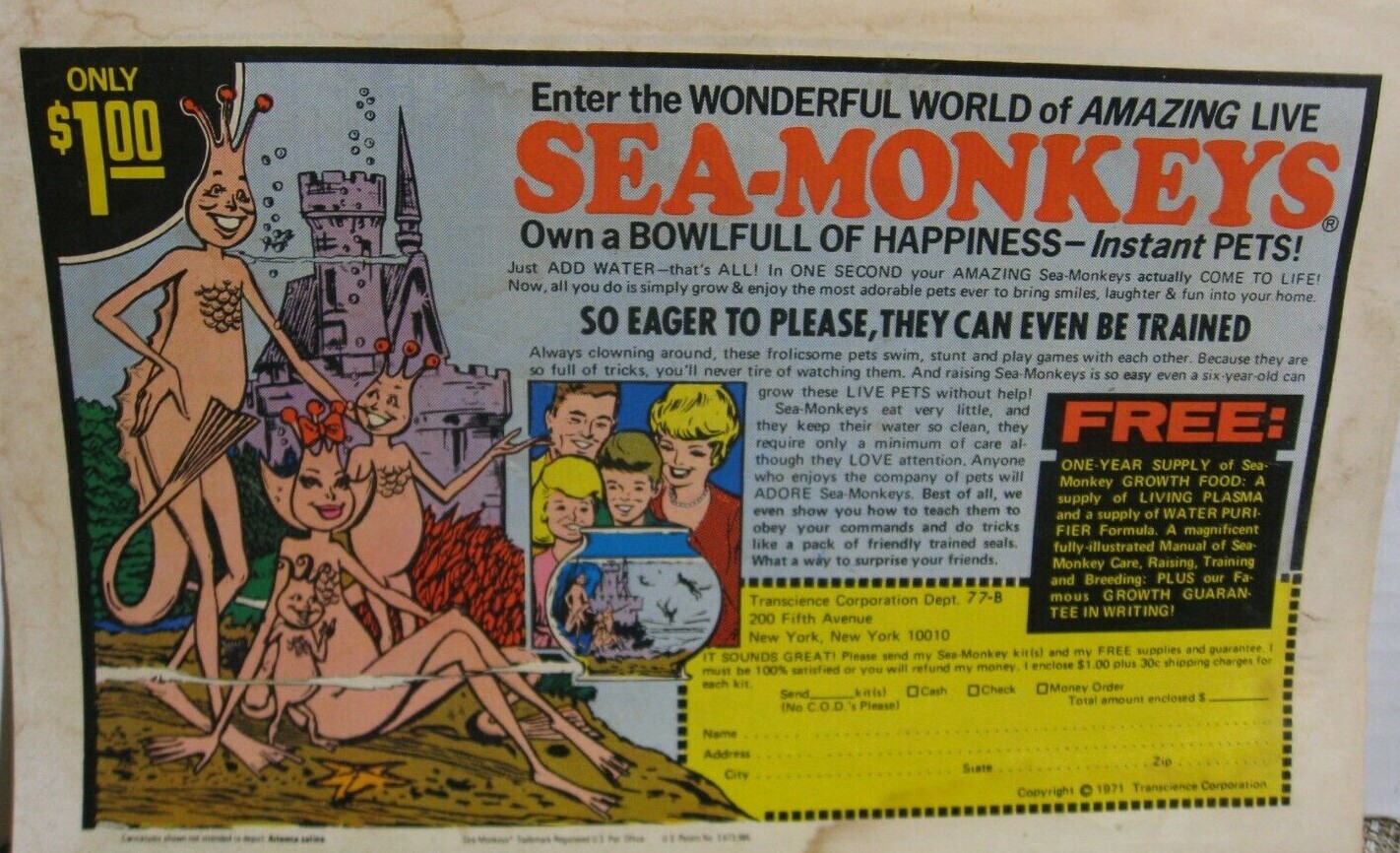What 1 Dishonest Marketer Can Teach Your B2B: SaaS Company.

Reduce the Agony of Churn Rate… (Image courtesy of Canva). Honesty is the only policy for B2B: SaaS companies. SaaS runs on subscriptions. If you betray the trust of a customer, you’ll lose their trust. They’ll unsubscribe. Your dreaded churn rate will go up. You’ll lose potential referrals and testimonials. Be honest in all your marketing. They’ll get to know, like, and, most importantly, trust you. These are the 3 pillars of human commerce.
Companies making a quick buck through dishonesty litter history. But they also never got repeat customers. These hucksters had to find new suckers or invent a new scheme. In the Social Media Age, it is harder to pull this off. Word-of-mouth and online reviews spread at the speed of light. Deceit will weigh on your conscience. Extra energy gets spent inventing lies and covering for them.
“Whatever you do, do it well. Do it so well that when people see you do it, they will want to come back and see you do it again, and they will want to bring others…” – Walt Disney (He supposedly said this. I can’t prove it 100%. But it sounds good.)
This topic took me back to a childhood memory. I was flipping through a comic book. It was 1978. I was just 4 years old. The oversized comic’s name was “Superman vs. Muhammad Ali.” The cover was mesmerizing. It wrapped around to the back. It showed Ali and Superman boxing. Alien planets and moons hung overhead.

Superman vs Muhammad Ali comic cover (image courtesy of modified free-to-modify commercially Bing image search). An endless sea of attendees filled a massive stadium. If you looked closely, you could spot many famous faces. Frank Sinatra, Lucille Ball, Pelé, Johnny Carson, Liberace, “The Jackson 5,” and many more were there. American Presidents Gerald Ford and Jimmy Carter came with their wives Betty and Rosalynn.
Superheroes like The Flash, Green Lantern, Wonder Woman, and others were there! Bald supervillain Lex Luthor even got a seat next to Batman! This comic book cover transported me to a fantasy world. I didn’t even need the rest of the comic book. But I did open and read the wild story. But there was one special page I turned to that blew my mind. “Enter the WONDERFUL WORLD OF AMAZING LIVE SEA-MONKEYS The REAL LIVE FUN-PETS YOU GROW YOURSELF”

The 1978 Sea-Monkeys comic book ad from my youth. Source is an Ebay listing with free usage rights. A fantastical family of pink, underwater creatures smiled back at me. These human-like sea-monkeys sat in front of a majestic purple castle. Was this part of the comic?
“No,” my 4-year-old brain reasoned. “This is real. You can buy some of your own! There’s a real order form and address.”
Another smaller picture demonstrated their “true” size as being 3-8 inches tall. The sea-monkey family sat in a giant fishbowl. A smiling nuclear family looked into the fishbowl.
“SO EAGER TO PLEASE – THEY CAN EVEN BE ‘TRAINED'” Of course, they almost look like people. “…AND our Famous GROWTH GUARANTEE – IN WRITING” The order form even included this: “I must be 100% satisfied, or you will return my money.”
Wow! What was there to risk if I got a money-back guarantee? I scrounged up the vast sum of $1.25 plus $0.50 postage and handling. I mailed my order in.

An earlier 1970 Sea-Monkeys comic book ad. Not much changed in the ad 8 years later. Source is an Ebay listing with free usage rights. I thought my order was lost. Or maybe the sea-monkeys got lost in the mail. They finally arrived many, many weeks later.
I poured the sea-monkeys into a big glass jar. I added water and the special “Sea-Monkey Growth Food” and “Sea Plasma.” I waited.
Finally, some tiny white shrimp hatched. They all grew to about 5 millimeters before quickly dying. What happened to my little mermen growing to 8 inches? Where were the human-like features of legs, arms, and a smiling human face? Where were the happy families? They all looked the same. There were no daddies, mommies, and children. Eager to please? Could even be trained?
These tiny brine shrimp were too dumb for either. I was not a happy camper. Did I even remember the money-back guarantee? Even if I did, the company could say the sea-monkeys grew from the eggs. That was their “growth guarantee.” I can almost guarantee no one got their money back! There was an ad disclaimer: “Caricatures shown not intended to depict Artemia.” You don’t say! (Artemia is a genus of brine shrimp. “Sea-monkeys” are supposedly an artificial breed of Artemia.) They might’ve gotten my $1.75, but they’d never get another cent from me!
Disclaimer: Since I’m preaching honesty, I must admit something. I’m not certain the Sea-Monkeys ad was in “Superman vs. Muhammad Ali.” But those ads seemed to be in every comic book I read back then! I’ve experienced the ugly side of dishonest ads. I’ve been on the buying end many times. Those companies made a quick buck on me. But they never got repeat business from me. As I study honesty from a copywriter’s perspective, I see how honest companies thrive. The man behind Sea-Monkeys was Harold von Braunhut. How shameless a marketer was Harold?
He ran another comic book ad for the “Invisible Goldfish.” It came with a 100% guarantee that you’ll never see the goldfish. It only came with a glass bowl, a handbook, and fish food! No fish included. At least I got some brine shrimp eggs. Von Braunhut somehow made millions from various gimmicks over the years. You can still get Sea-monkeys today! Their packaging and advertising are much less hyperbolic now. If anyone knows their secret, let me know. I guess they cater to the novelty and dirt-cheap pet markets. This type of behavior has no chance in the SaaS world. A SaaS company has to keep its customers happy. They have to follow through on their promises. While offering a free trial this is critical.
They need to set realistic, honest expectations with their audience. They need to deliver on and exceed those anticipations. When the SaaS product delivers, they’ll want to subscribe. Paying customers have to be kept happy with quality service. New features have to be released constantly. Customers need new reasons to stay engaged. Competitors are always lurking around the corner. They are ready to lure customers away.
Here are some simple ways to be more honest:
#1 Fact-check your marketing statements. If you aren’t 100% certain about a statement, you have 3 choices: 1. Research it. Get it backed up with proof. 2. Admit you can’t prove it. Add “I believe” or “likely” or “I think it’s true” or something similar. 3. Remove it.
#2 Learn the deep, true story of your client, product, and customers. Share these truths. Tell stories illustrating them. This detail will stick with clients. You’ll deliver on your promises since others have experienced them.
#3 Be authentic. You will stand out from the bland and inauthentic. Honesty can reveal failure and weakness. That is OK. Your company will gain empathy and trust from this honesty. We’ve all had failings. We can identify and sympathize. Furthermore, we become more trusting when someone shows frailty.
“Honesty is the best policy.” – Sir Edwin Sandys, an English politician from the 15th to 16th century. A politician coined this famous phrase! Who knew? But it truly is the best policy – especially for a subscription-based industry like SaaS. How do you get someone to sign up and stick with you? Be honest in all your marketing. They’ll get to know, like, and, most importantly, trust you.